U.S. strike kills al-Qaida-linked cleric in Yemen
A radical U.S.-born cleric wanted by Yemen and the U.S. has been killed in Yemen in a drone and jet strike.
Friday, 30.09.2011.
16:48

A radical U.S.-born cleric wanted by Yemen and the U.S. has been killed in Yemen in a drone and jet strike. News reports say the attack was coordinated by the U.S. Central Intelligence Agency (CIA). U.S. strike kills al-Qaida-linked cleric in Yemen Anwar al-Awlaki was killed early Friday while riding in a convoy in eastern Yemen. Western news organizations quote U.S. officials as saying the raid was coordinated by the CIA and led by U.S. Joint Special Operations Command, the counterterrorism unit that led the May operation killing Osama bin Laden. Several other suspected militants were also killed. The Associated Press quotes Yemeni Defense Ministry officials who say those suspects include Samir Khan, a U.S. militant who produced an al-Qaida English-language magazine on the Internet. The reports say U.S. aircraft were used in the mission. The U.S. has previously conducted unmanned drone attacks against al-Qaida targets in Yemen. Awlaki was linked to the group al-Qaida in the Arabian Peninsula, based in Yemen. He was wanted by both the U.S. and Yemen for his suspected role in terrorist attacks. Those attacks included the December 2009 attempted bombing of a U.S. airliner that was approaching the U.S. city of Detroit. Authorities believe Awlaki advised the suspected bomber, Nigerian Umar Farouk Abdulmutallab. Investigators believe Awlaki also played a role in a deadly attack, a month earlier, at a U.S. military base. They say Awlaki may have advised U.S. Major Nidal Malik Hasan, who is accused of killing 13 people in the attack. Awlaki's death comes with Yemen in a political crisis, marked by heightened calls for President Abdullah Saleh's resignation. Activists say thousands of anti-government protesters rallied in the capital, Sana'a on Friday and in the southern city of Taiz. Saleh told The Washington Post and Time magazine this week that a political transition plan crafted by Yemen's Gulf neighbors made it clear that “all elements” contributing to the country's civil unrest should be removed. The president warned it would be “very dangerous” if his rivals — General Ali Mohsen al-Ahmar, who defected to the opposition, and Hamid al-Ahmar, a telecom tycoon and politician whose brother heads Yemen's most powerful tribal confederation– were to retain their positions after he resigns. He says that outcome could “lead to civil war.” Saleh has agreed to the plan crafted by the Gulf Cooperation Council three times since April. However, each time he has backed out before the deal could be signed. Anwar al-Awlaki (Beta/SITE, file)
U.S. strike kills al-Qaida-linked cleric in Yemen
Anwar al-Awlaki was killed early Friday while riding in a convoy in eastern Yemen. Western news organizations quote U.S. officials as saying the raid was coordinated by the CIA and led by U.S. Joint Special Operations Command, the counterterrorism unit that led the May operation killing Osama bin Laden.Several other suspected militants were also killed. The Associated Press quotes Yemeni Defense Ministry officials who say those suspects include Samir Khan, a U.S. militant who produced an al-Qaida English-language magazine on the Internet.
The reports say U.S. aircraft were used in the mission. The U.S. has previously conducted unmanned drone attacks against al-Qaida targets in Yemen.
Awlaki was linked to the group al-Qaida in the Arabian Peninsula, based in Yemen. He was wanted by both the U.S. and Yemen for his suspected role in terrorist attacks.
Those attacks included the December 2009 attempted bombing of a U.S. airliner that was approaching the U.S. city of Detroit. Authorities believe Awlaki advised the suspected bomber, Nigerian Umar Farouk Abdulmutallab.
Investigators believe Awlaki also played a role in a deadly attack, a month earlier, at a U.S. military base. They say Awlaki may have advised U.S. Major Nidal Malik Hasan, who is accused of killing 13 people in the attack.
Awlaki's death comes with Yemen in a political crisis, marked by heightened calls for President Abdullah Saleh's resignation.
Activists say thousands of anti-government protesters rallied in the capital, Sana'a on Friday and in the southern city of Taiz.
Saleh told The Washington Post and Time magazine this week that a political transition plan crafted by Yemen's Gulf neighbors made it clear that “all elements” contributing to the country's civil unrest should be removed.
The president warned it would be “very dangerous” if his rivals — General Ali Mohsen al-Ahmar, who defected to the opposition, and Hamid al-Ahmar, a telecom tycoon and politician whose brother heads Yemen's most powerful tribal confederation– were to retain their positions after he resigns. He says that outcome could “lead to civil war.”
Saleh has agreed to the plan crafted by the Gulf Cooperation Council three times since April. However, each time he has backed out before the deal could be signed.










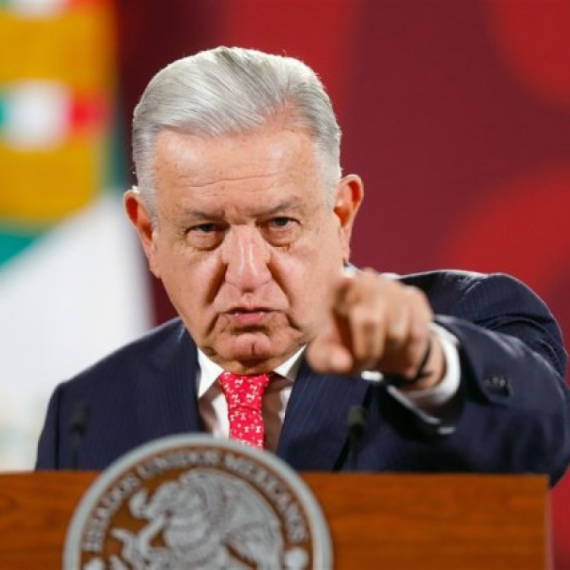




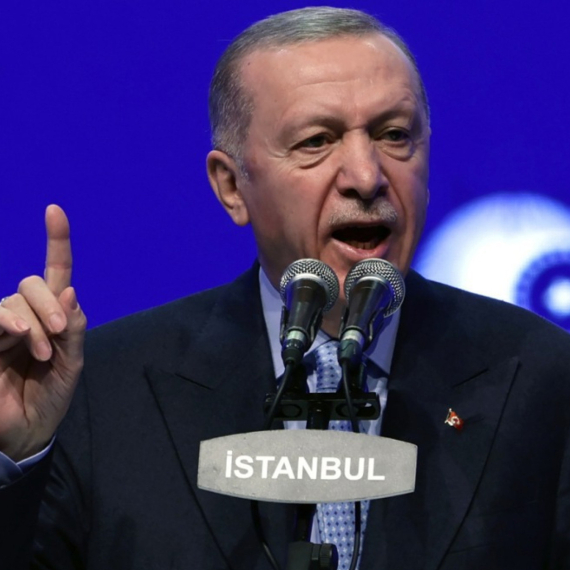


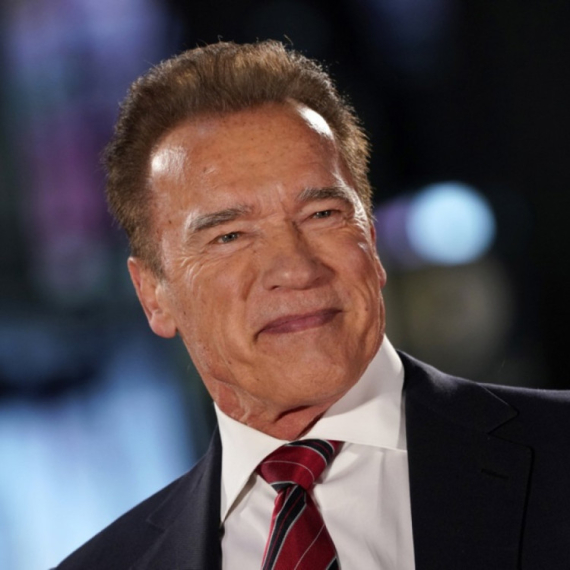
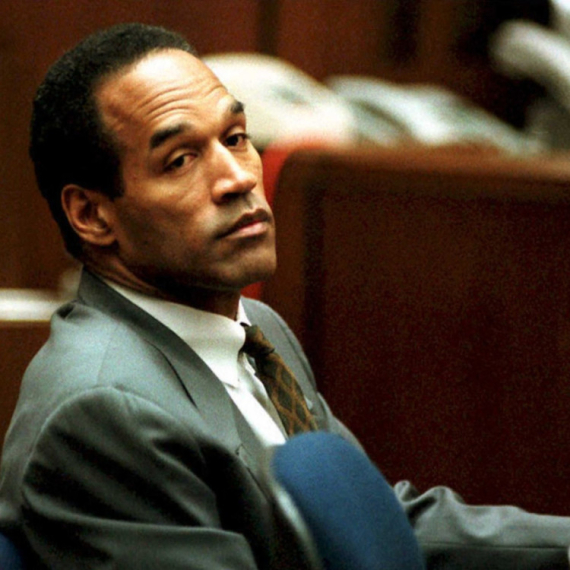

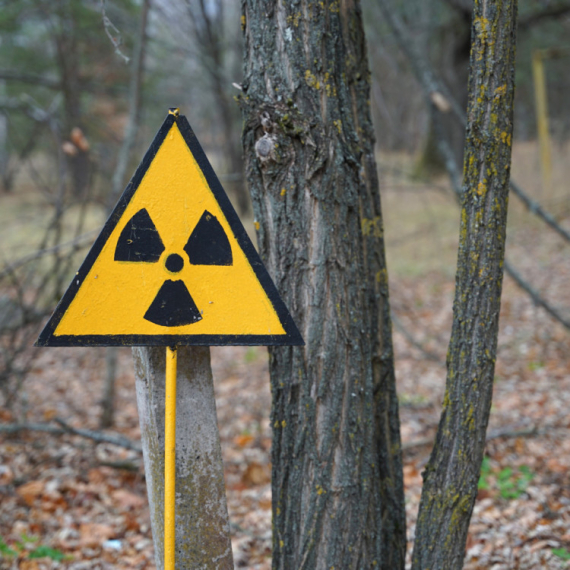




































Komentari 1
Pogledaj komentare